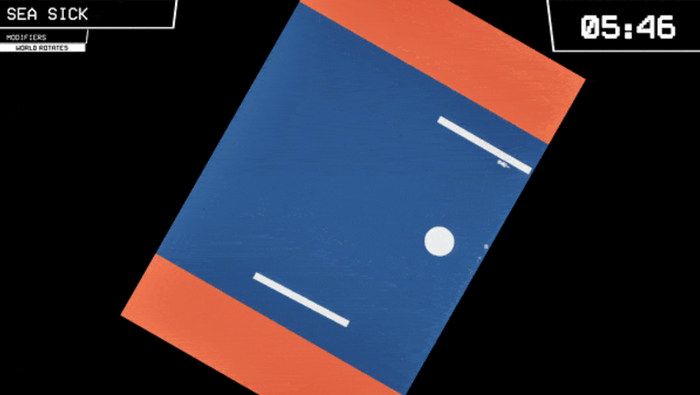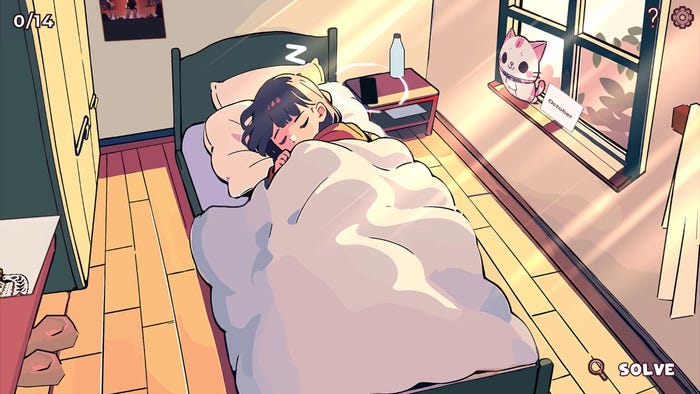GDC 2011: McGonigal Says, 'Don't Exploit Gamers,' Extrinsic Rewards 'Missing The Point'
Author and designer Jane McGonigal discusses "gamefulness" as an alternative to gamification: "Designers should be making games that help people flourish," she urges.

Although author and designer Jane McGonigal spoke at the 2011 Game Developers Conference's Gamification summit, she's not exactly happy with the way the gamification trend -- focused on awarding game-like points and badges for completing real-world tasks -- is taking shape. Rather than trying to make the real-world "game-like", McGonigal prefers the idea of "gameful" design, as an alternative to the achievement and metrics-driven traits associated with the gamification movement. "Instead of thinking about the things we can do to make something look like a game, what can we do to make something feel like a game?" she suggests. There are some caveats: Her philosophies aren't oriented toward monetization, but "a place for bold people who are willing to be creative." She concedes that neither is her work focused on those making games for entertainment. In her words, "gameful" isn't the same as "playful" -- "I don't think that gamers are really playful," she said. "Playful to me seems suggest whimsical, improvisational... gamers are in fact fairly focused and motivated." So she coined the term to define having "the spirit of a gamer... someone who is optimistic, curious, motivated and always up for a tough challenge." But it requires one further step, in her view -- to translate those concepts into reality. Gameful design aims to be "life-changing... can we make games that can have a positive impact on players in real life? Reality-changing... [having] a positive transformation of a space... game-changing, a positive transformation of a process, a tradition or an institution, and... world changing, [having] a positive impact on a global challenge." Her four main tenets are Positive Emotion, Relationships, Meaning and Accomplishment -- "I would encourage you to think about the five or 10 things that you think really make your life worth living... and then see which of these four things are manifest on this list." Any goal can be described by one or more of these four traits, she believes. "Designers should be making games that help people flourish," McGonigal says. "As we are trying to make the real world more gameful, any of our organizational goals need to be achieved by empowering the players to get more of what they really want from life." That, says McGonigal, is the main difference between her work and gamification. "Don't exploit gamers," she urges. "We're better than that." Gamification is generally focused on extrinsic rewards -- "things that we try to reach for because they improve our status... but not because they're things we want in and of themselves," in McGonigal's words. Ultimately, she believes gamification has crucially missed the fact that games in and of themselves are intrinsic activities players do because they enjoy. Making the world more like a game through extrinsic rewards "is really missing the point," she says. In May, she'll launch a project with the New York Public Library where she's using game design to try to encourage young people to visit the library more in an era where the internet's made it much easier for them to stay away from that traditional institution. Player groups will be shut into the library and must finish "quests" -- writing objectives based on interesting artifacts found in the library. The work they write based on the artifacts will be put into a book that will be housed in the library itself: After all, reasons McGonigal, the best way for young people to feel good about and interested in the library is to be part of it.
Read more about:
event gdcAbout the Author(s)
You May Also Like









